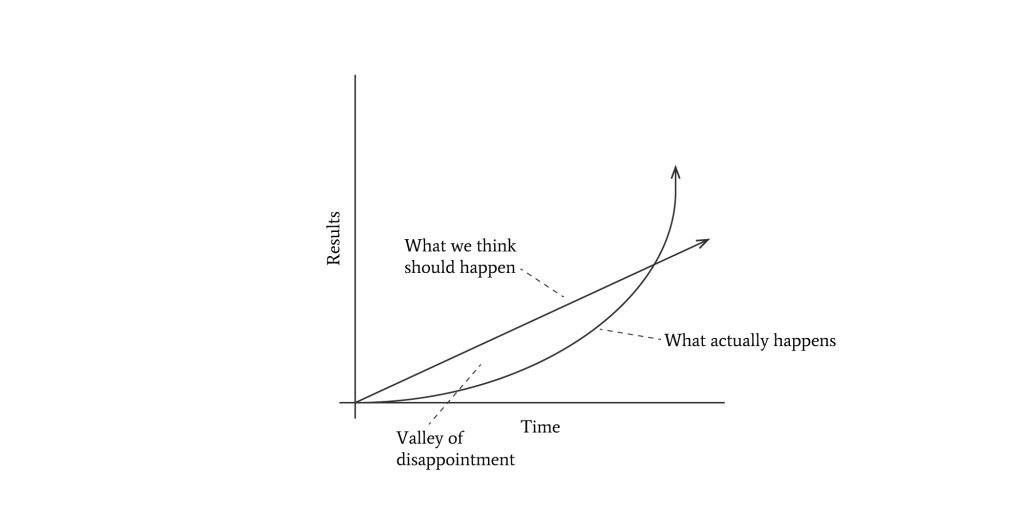7 Great Lessons For Military Veterans Transitioning to Civilian Life From the Book Atomic Habits
1. The Habit Loop
At the core of the Atomic Habits book, James Clear breaks down how all our habits needs to have these 4 elements to stick:
1. Cue
2. Craving
3. Response
4. Reward
Create Good Habits
1. Cue: make it obvious
2. Craving: make it attractive
3. Response: make it easy
4. Reward: make it satisfying
Get Rid of Bad Habits
1. Cue: make it invisible
2. Craving: make it unattractive
3. Response: make it difficult
4. Reward: make it unsatisfying
2. Get 1% Better Every Day
While preparing for and during transition, veterans often attempt to take bigger steps than is actually realistic for them to accomplish. In most cases, this leads to failure and frustration from not hitting their specified target.
For example, if you realize you need more civilian LinkedIn connections in a certain field, don’t attempt to connect with 100 people in one go.
Send 10 personalized and meaningful connection requests everyday. This is more manageable and will not only produce better results, but you won’t get frustrated and give up.
3. Don’t Do This Alone
Having a battle buddy or a spouse to work with you on your transition goals, tasks, and habits will help you stick to them longer.
By motivating each other to get after it, you build a sense of accountability and camaraderie towards common habits.
Military transition can feel very lonely and it is very easy to get lost in your head. Avoid this by no doing it alone.
4. Your Habits Are a Mirror of Your Identity
Your habits are so much more than a goal with a finish line.
Don’t make a habit to complete 3 business courses before you transition out of the military.
Your habit should be to “become a business owner”.
5. Small Steps Lead to Big Changes
A journey of 1000 miles begins with one step.
Picture yourself walking for 20 minutes each day. You won’t increase your fitness immediately, but your body and overall health will be much more improved after some time.
Start with small steps and be patient.
6. Track Your Progress
Let’s be honest.
Most veterans give up on the dream gig, the dream opportunity, or the dream business because they think they aren’t making any progress.
Having a way to track your progress over time is beneficial in both the short and long term.
7. Don’t Judge Your Progress Too Soon
Change takes time. The transition from military life to civilian life itself is one of the biggest changes we ever have to face as veterans. Your new habits you set out to stick before, during, or after leaving the military will be no small challenge.
As you can see in the image below, you need to pass a threshold before you start seeing results.
Atomic Habits is the definitive guide to breaking bad habits and adopting good ones in four steps. As veterans transitioning from the military understanding how small, incremental, everyday routines can compound into massive gains towards our post-military success in the real world is a game changer.
We’ll no longer have the military telling us where, how, and when day in and day out. Leaning how to build and stick to our own habits is a necessity.


